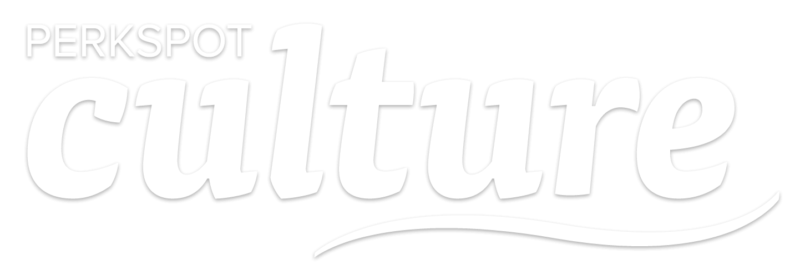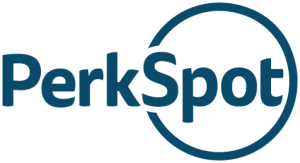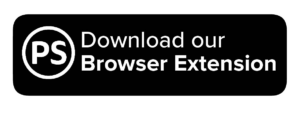When Disaster Strikes
You’ve probably seen the devastating affects of Hurricane Harvey. The category 4 hurricane reached Houston over the weekend and caused flooding and damage to the area, leading non-profit and disaster relief organizations to turn their attention to Texas.

At PerkSpot, we love to see the different ways our clients are stepping into the gap and fulfilling needs all over the U.S.. In fact, just last week we discussed the role of HR in light of Charlottesville and how our clients are flipping the script.
This week is no different. Hurricane Harvey brought devastation to many Texas homes. Here are a few of our PerkSpot family’s most creative efforts to bring relief to Houston.
Southwest Airlines
Southwest is one of our oldest partners and we are so proud to call them part of the PerkSpot family. They are constantly finding new ways to spread the “Luv”. So, when disaster struck Houston, they were quick to use their resources to provide relief to the area. Southwest flew 500 stranded passengers to Dallas free of charge.
H-E-B
This twitter status speaks for itself. H-E-B, founded in Texas and now one of the nation’s largest independent food retailers, knows the importance of a nice warm meal. They’re providing meals, ice, water, and other needs at their storefronts for those affected by the disaster, along with collecting donations directly on their site.
Starbucks
Starbucks is known for their constant support of their Partners. In response to Hurricane Harvey, Starbucks partners (employees) who donate to relief efforts can request matching funds through the company’s Partner Match program. Currently, the Starbucks Foundation, has donated $250,000 to the American Red Cross. Another reason why it’s great #tobeapartner.
Lyft
Take a ride with this PerkSpot client and round up your change to support Hurricane Harvey relief efforts. They’ve pledged to donate $100,000 to the Hurricane Harvey Relief Fund, created by the city’s mayor. Plus, they are even coordinating food and supply drives across Texas.
American Red Cross
Yep, that’s right, this leading organization for disaster relief is a PerkSpot partner. Below is a video showcasing their current efforts and here is a place you can donate to increase their efforts across Texas.
If you’re looking for ways to help, you can always donate to the Red Cross efforts. Human Resources, check out these tips on implementing policies and assisting those in need.








